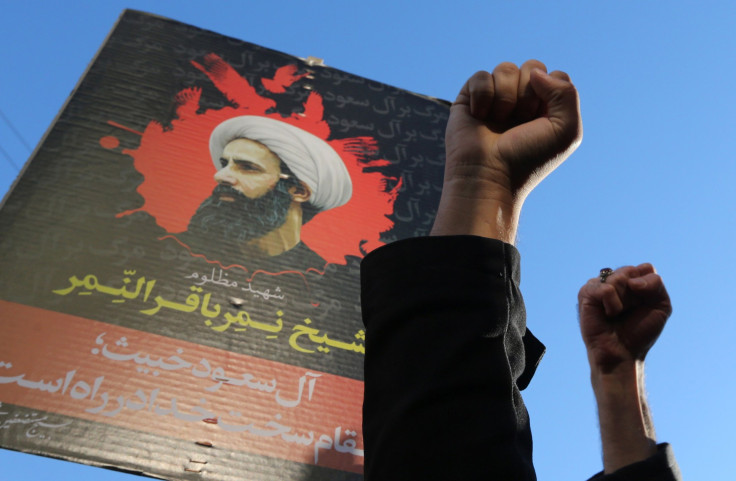Saudi-Iran Crisis: Russia Ready To Mediate Amid Escalating Tensions, Report Says

As long-fraught relations between Saudi Arabia and Iran take a turn for the worse over the Saudi execution of a Shiite cleric and the subsequent storming by protesters of the country’s embassy in Tehran, Russia has reportedly expressed its willingness to play the role of a mediator.
“We express sincere regrets over the escalation of tensions between Saudi Arabia and Iran because we believe these two large Muslim countries are very influential in the region, on the global arena and on the oil market,” Russia’s RIA Novosti reported, quoting a “high-ranking” source in the Russian foreign ministry.
Moscow “is willing to play, if necessary, a role as a mediator in the settlement of existing and emerging discords between these countries,” the unnamed diplomat added.
However, it was not clear from the report if Moscow had made the mediation proposal to either side.
Earlier on Monday, China, which relies on Saudi Arabia for oil supplies, also expressed concerns over the escalating conflict, calling for the two nations to “maintain calm and restraint.”
“We hope the relevant parties can … properly resolve their differences through dialogue and consultation and jointly safeguard regional peace and stability,” Chinese foreign ministry spokeswoman Hua Chunying reportedly said.
Although ties between Sunni Saudi Arabia and Shiite Iran have never been warm, tensions spiraled rapidly following the death of Sheikh Nimr al-Nimr — a top Shiite cleric who was executed in Saudi Arabia Saturday after being convicted of terror-related offenses.
Al-Nimr had long been a vocal supporter of the mass anti-government protests that erupted in Saudi Arabia’s Eastern Province in 2011, where a Shiite majority has accused the government of ignoring their needs and marginalizing their concerns.
Earlier, Iran’s Supreme Leader Ayatollah Ali Khamenei warned that Saudi Arabia would face “divine revenge” for the execution, calling Nimr a “martyr” who had acted peacefully.
The ongoing crisis, which has led to a severing of diplomatic ties between the Iran and Saudi Arabia, has cast doubts over the prospects of a diplomatic breakthrough in Syria and Yemen, where the two countries are involved in a proxy war.
© Copyright IBTimes 2025. All rights reserved.





















